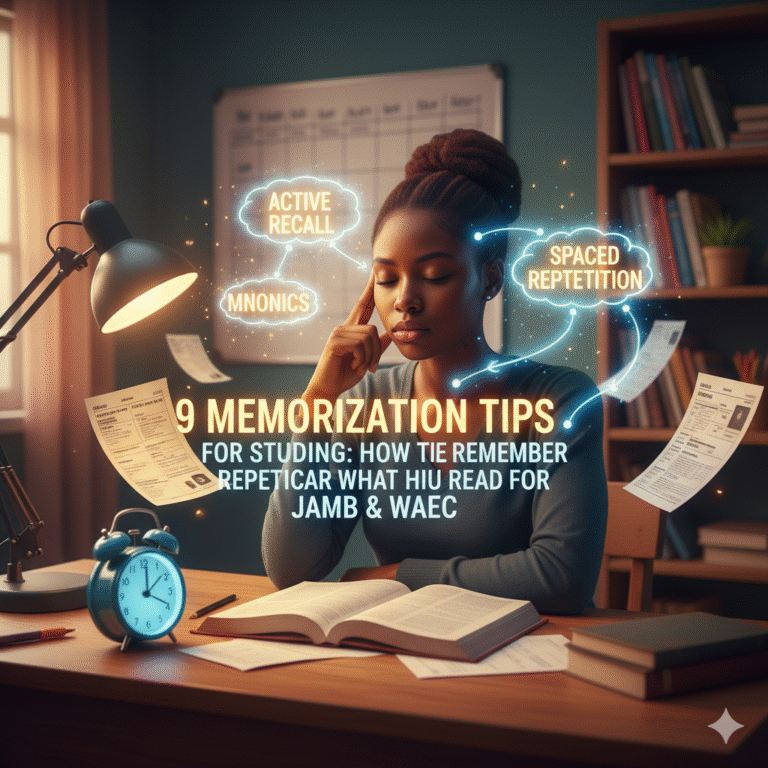How to Be Smart in School Without Studying (The Honest Answer)
You’re probably searching for how to be smart in school without studying because you’re tired, stressed, or you just saw someone who never seems to study but always gets good grades. You want that magic trick.
I’ll give you the honest answer right up front: It’s not magic, and it’s not zero work.
But there is a “secret.”
The secret isn’t about not studying. It’s about making the work you do in class so effective that your “study” time becomes incredibly short and efficient. It’s about working smarter, not just harder.

The Big Mistake We All Make
Most students think “studying” means locking yourself in a room for five hours the night before an exam, forcing your eyes across a textbook until you fall asleep.
Let’s be real: that’s not studying, that’s cramming. And it barely works.
The “smart” students you see aren’t cramming. They are doing small things every day that make a huge difference. They’ve replaced “hard” work with “smart” work. Here’s how you can do it too.
1. Master the Art of Paying Attention
This sounds too simple, but it’s the number one “hack.”
Being “smart” in school starts with what you do in the classroom. You have to be there anyway, right? You might as well make it count.
When you’re in class, be in class. Put the phone away. Stop daydreaming about the weekend. For that 45 minutes, give the teacher your full, undivided attention.
Listen for clues. When a teacher repeats something, writes it on the board with a star, or says, “This is important,”… guess what? It’s going to be on the exam. Write that down.
If you can absorb 80% of the material in class, you’ve already eliminated hours of studying you’d need to do later just to catch up.
2. Ask “Dumb” Questions
I promise you, the smartest people in the room are often the ones asking the questions everyone else is too afraid to ask.
If you get lost, put your hand up. Immediately.
Don’t wait until you get home. Don’t tell yourself you’ll “figure it out later.” You won’t. Ask right there.
Saying “Sir, I didn’t understand that last part about…” does two things:
- It forces the teacher to explain it differently, which often makes it “click.”
- It shows you’re engaged, which (trust me) teachers love.
3. Take Smart Notes, Not More Notes
Stop trying to write down every single word the teacher says. You’re not a court reporter.
Your goal is to capture ideas, not just words.
- Use bullet points.
- Use abbreviations.
- Draw diagrams.
- Write down the examples the teacher uses.
A good page of notes is mostly white space. It should be a simple summary of the big ideas, not a transcript of the lecture.
How to Be Smart in School Without Traditional Studying
Okay, so you’ve paid attention in class. Now what? This is where you replace hours of “studying” with a few minutes of smart review.
The 10-Minute Rule
Do not—I repeat, do not—throw your notebook in your bag and forget about it until the exam.
Sometime that same day (maybe on the bus home or right before you start your homework), take 10 minutes to read over the notes you took. Just read them.
This tiny action starts moving the information from your short-term memory to your long-term memory. It’s probably the most high-impact, low-effort “study” technique on the planet.
Stop Re-reading. Start Recalling.
This is the second-biggest mistake I see. Students “study” by just re-reading their textbook over and over. This is incredibly passive. Your brain checks out.
The real way to get smart is to force your brain to pull information out. This is called Active Recall.
Instead of re-reading, do this:
- Cover your notes and try to explain the main idea out loud.
- Do practice questions. This is the #1 best way to study. Use past questions, end-of-chapter questions, or online resources. Khan Academy is a fantastic, free resource for practicing math and science concepts.
- Teach it. Try to explain a concept to a friend, your sibling, or even your dog. If you can’t explain it simply, you don’t understand it well enough.
According to learning experts, testing yourself like this (active recall) is far more effective than passively re-reading. Dartmouth College’s Academic Skills Center explains that this process builds stronger neural pathways, making the information stick.
Final Thoughts
So, can you be smart in school without studying?
No. But you can stop “studying” in that painful, time-wasting, cramming-all-night way.
Being “smart” is just a habit. It’s the habit of paying attention in class, fixing confusion immediately, and spending 10-20 minutes after class engaging with the material.
If you do that, when the exam comes, you won’t need to “study.” You’ll just need a quick review, because you already know the material. That’s the real secret.








2 Comments